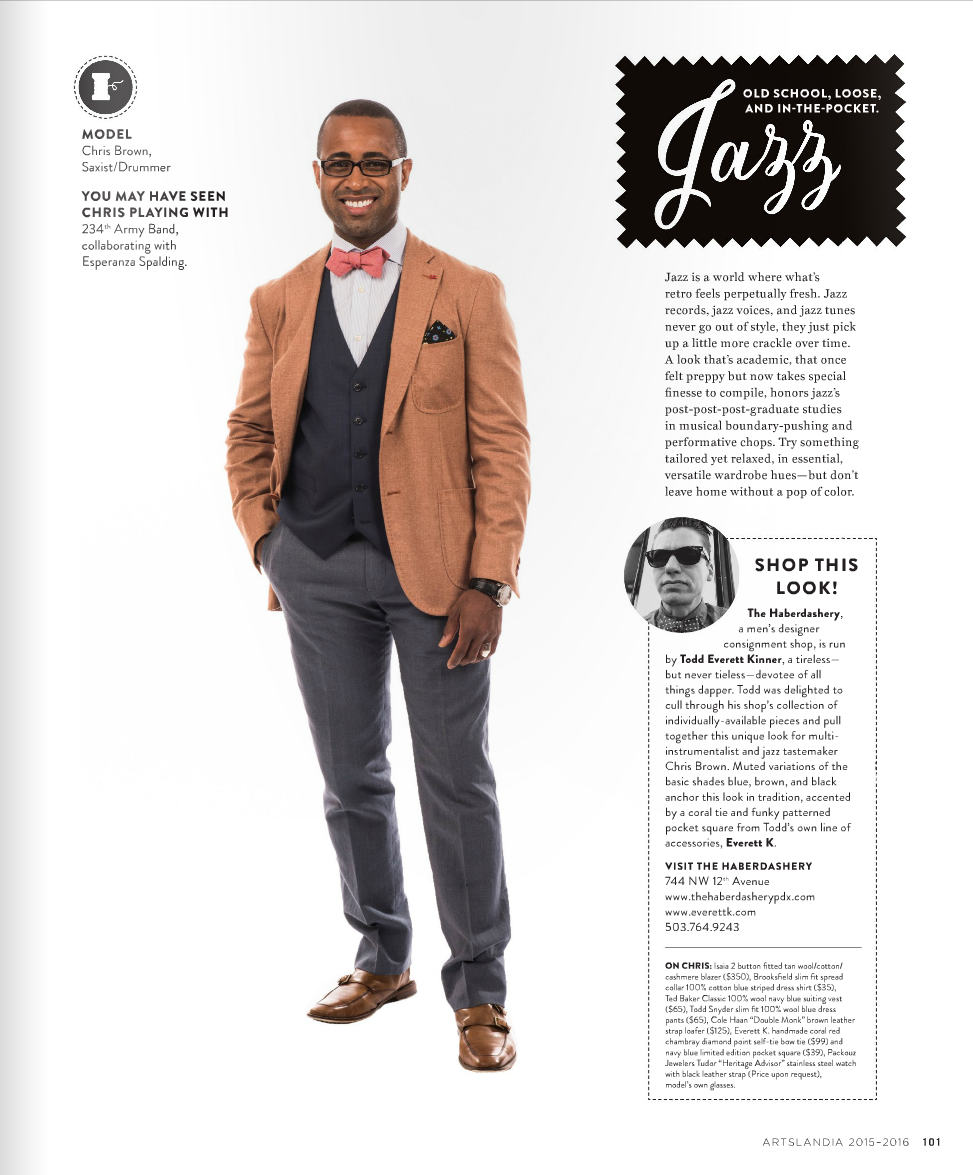Using music to re-contextualize reading and comprehension.
A common troupe that we’ve all heard is that people (especially millennials) have lost the skill to communicate effectively, now that we’re firmly entrenched into the tech dominated landscape of the 21st century. However, people such as a Gary Vee will tell you that people are actually communicating more than ever before. It just doesn’t look like it used to in the past. Well, I’m also compelled now to push back on the notion that people tend to read less after they leave the compulsory learning environment of school as well. I think they’re reading just as much if not more so after they leave school. The difference, however, is the substance of what they’re reading. And to go one step further, an even more compelling argument may be to say that the rate at which people read is of lesser concern than their ability to comprehend and contextualize the importance of what they’re reading.
As a music educator, one of the hardest things to do is to get young students to REALLY listen to a song before sitting down to read it. Their assumption is that if they’ve given a song a few cursory passes, that should be sufficient, as the sheet music “should” fill in the rest of their blind spots. But that assumes that any sheet of music could ever adequately articulate everything that needs to be indicated, and in a way that NO ONE could ever misunderstand. But the reality is that if someone were to adequately write out a chart that could compensate for a musician who has chosen not to listen to how it goes, it would be the most cluttered thing you’d never want to look at, as oftentimes it’s counterproductive to attempt to notate certain things with standard notation—case in point, think about how insufficient it will always be to fully articulate a feeling into a text or email message without it being misinterpreted on some level. Therefore, without an aural component to fully counterbalance written content, it can create something as small as a one-degree misfire that can exponentially grow out of proportion before you know it. So the fact of the matter is that reading is actually a form of “hearing.” Meaning that when you’re reading, you’re hearing the words being said in your head, because if you were to read a foreign language that you had no experience with, you’d just be starring at a bunch of squiggly lines that mean nothing to you. That said, it’s also important to remember that the “faintest ink is more powerful than the strongest memory.” Meaning that the value of writing things down is so it can reduce our cognitive load for keeping the main things “the main things.”
Suggested Takeaways…
a) Words don’t write themselves. People write them. Therefore, a book is a substitute for a conversation with the author. *Hint: Reading is actually “hearing” without the sound. So listen to the people whose writing you consume, and as often as you can, as it’ll increase the speed and absorption rate of your reading.
b) Don’t be so quick to claim ownership of your comprehension of a subject until it has been balanced extensively enough through at least two of your senses (i.e. eyes and ears).
c) Listening requires patience. So if you’re an impatient person, your mind might not sit still long enough to absorb the most pertinent parts of a story or music. Which, depending on what you’re doing, could present a set of liabilities that may be hard to bounce back from.



